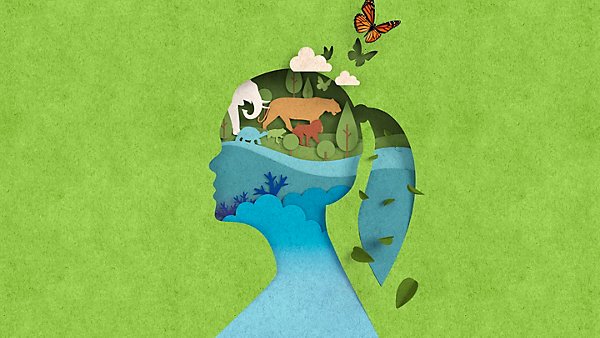Go Nature. Go Carton.
OVERVIEW ACTIONS SUSTAINABLE SOLUTIONS EXPLORE
How can we feed the world while protecting the planet?
The sustainability challenges we face on our planet are all interconnected, and together, contribute to climate change: By 2050, the global population is expected to grow by more than 25%1, increasing the demand for food. But food systems today account for more than one third of global GHG (greenhouse gas emissions)2, and still one third of all food produced is lost or wasted3.
As an industry, we need to work together across the value chain, and take collective actions that can help decarbonise and transform the world’s food systems, while contributing to circularity and increasing food packaging recycling.
Working together for systemic change
Nature-based solutions4 can play an important role in solving the world’s sustainability challenges, and paper-based carton packages already provide access to safe food for people everywhere. We’re on a journey to develop the world’s most sustainable food package which is fully made of responsibly sourced renewable or recycled materials, fully recyclable and carbon-neutral5 developing innovative food processing and packaging technologies and equipment to reduce water, energy and waste.
And everyday, we’re collaborating with customers, partners, governments, NGOs and consumers on activities that can drive real systemic change.
Working together for systemic change
Nature-based solutions4 can play an important role in solving the world’s sustainability challenges, and paper-based carton packages already provide access to safe food for people everywhere. We’re on a journey to develop the world’s most sustainable food package which is fully made of responsibly sourced renewable or recycled materials, fully recyclable and carbon-neutral5 developing innovative food processing and packaging technologies and equipment to reduce water, energy and waste.
And everyday, we’re collaborating with customers, partners, governments, NGOs and consumers on activities that can drive real systemic change.
Explore the sustainability topics
Our ambition is to lead the sustainability transformation within our industry. That means contributing to sustainable development and making a positive impact through our products, services and actions. Four clear priorities guide our activities:












